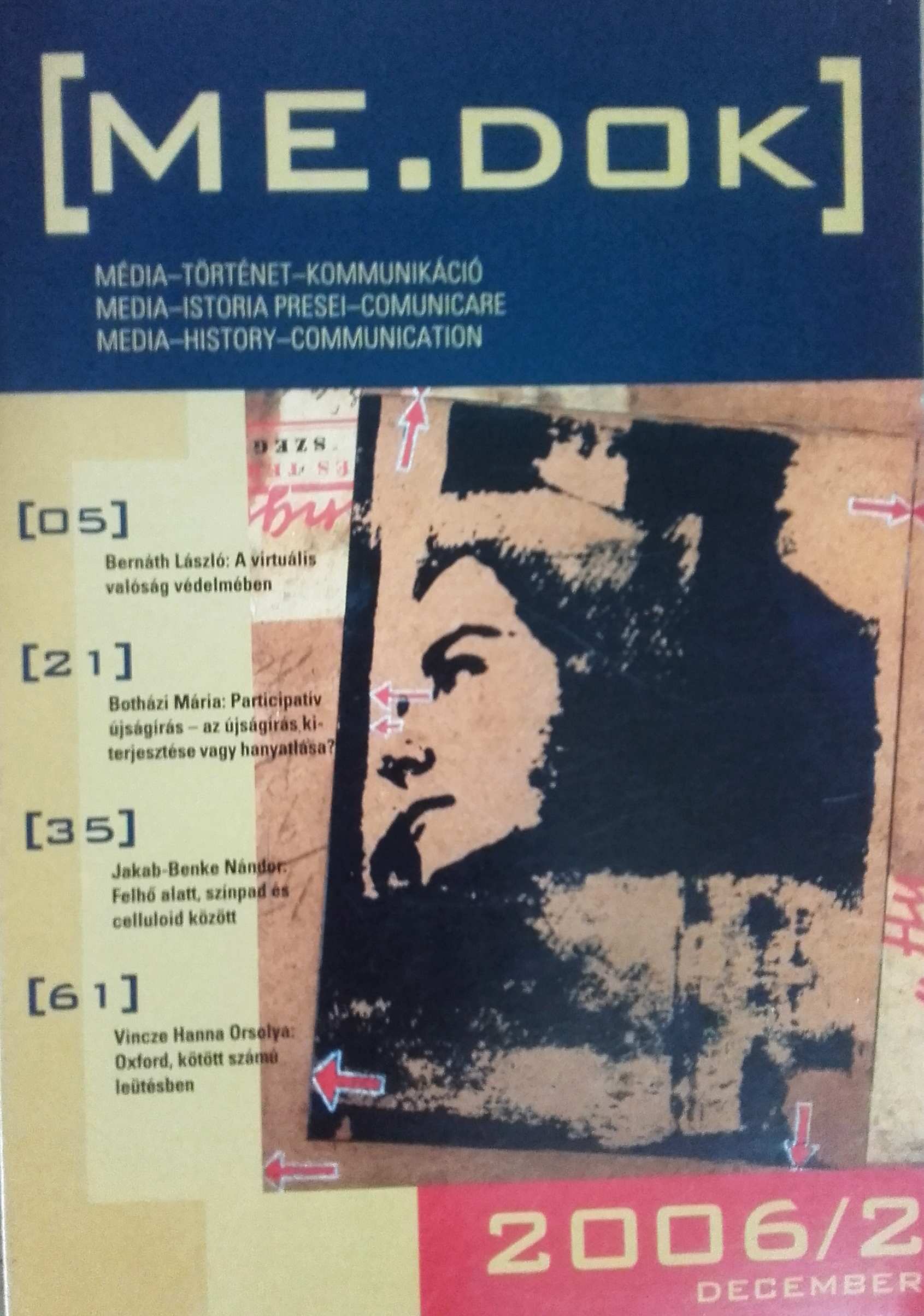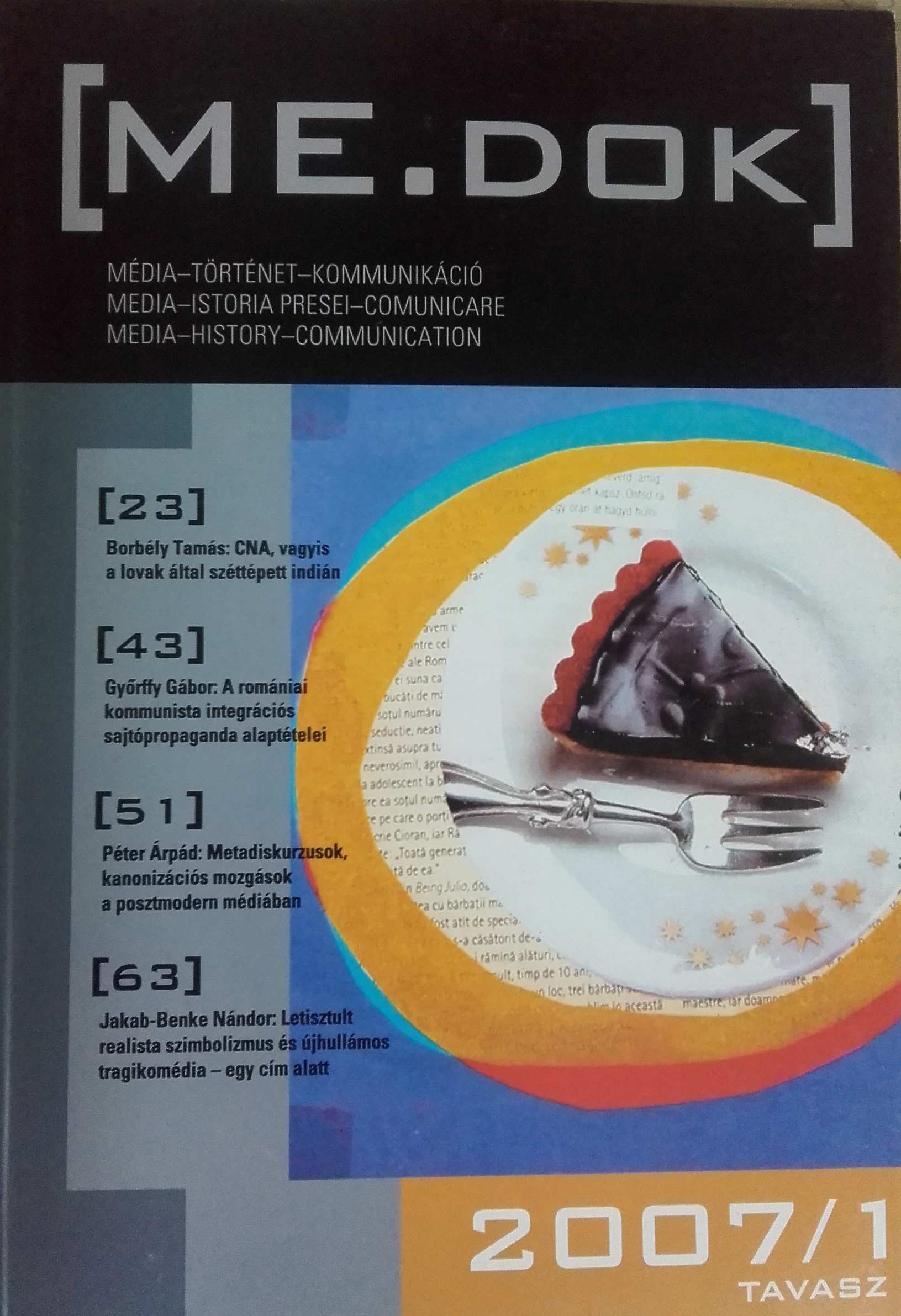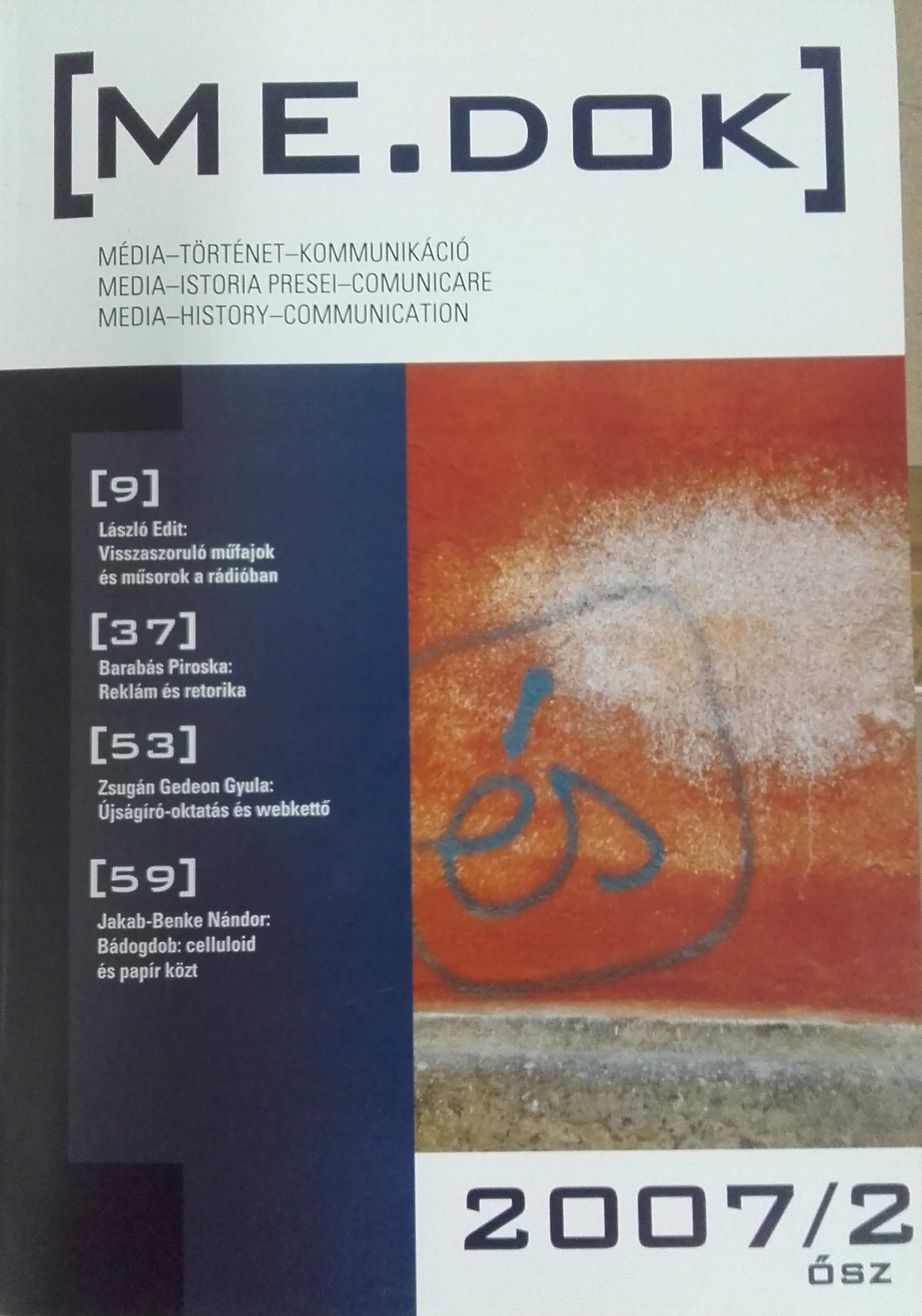La Communication Interculturelle - Une Modalité De Prévention Des Conflits
The intercultural communication is the meeting place of the representations of the world. The success of intercultural communication depends of individuals, of their characteristics and how they structured the representations of reality. Thus it is normal to appear distortions in the encoding – decoding process of the representations. They can block the communication if occurring the values of cultural affiliation. The issue of intercultural communication in education lead to solving problems like: how teacher perceives the cultural difference, how we adapt the communicative style to the student's cultural profile, what possibilities has the teacher to understand and to capitalize different cultural potential of students, what is the contribution of teachers, students and parents at clearance of intercultural misunderstandings.
More...


